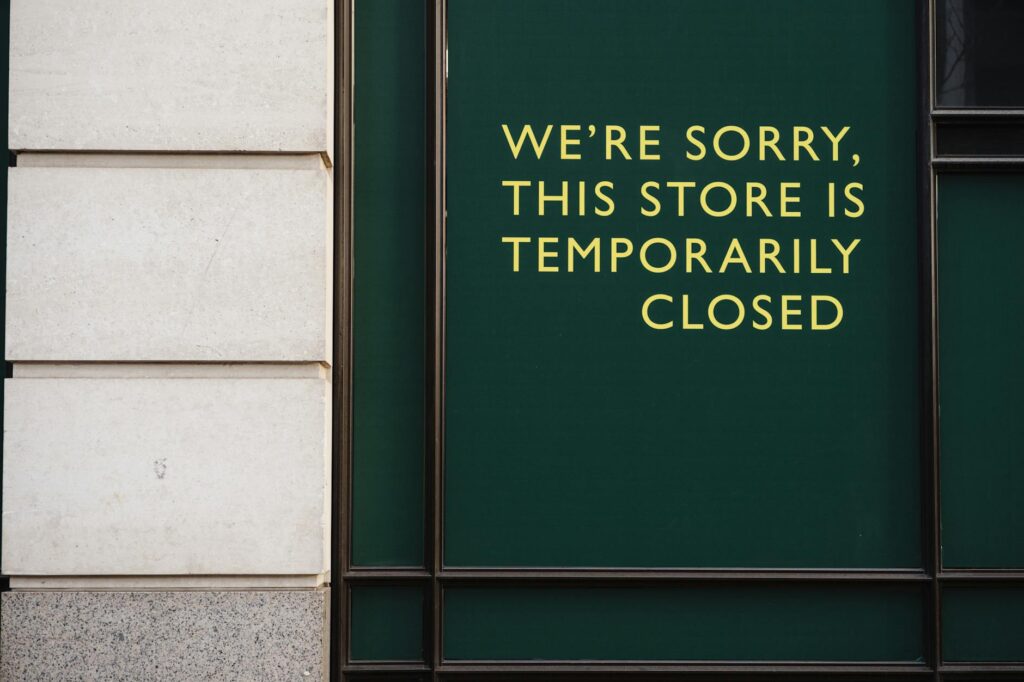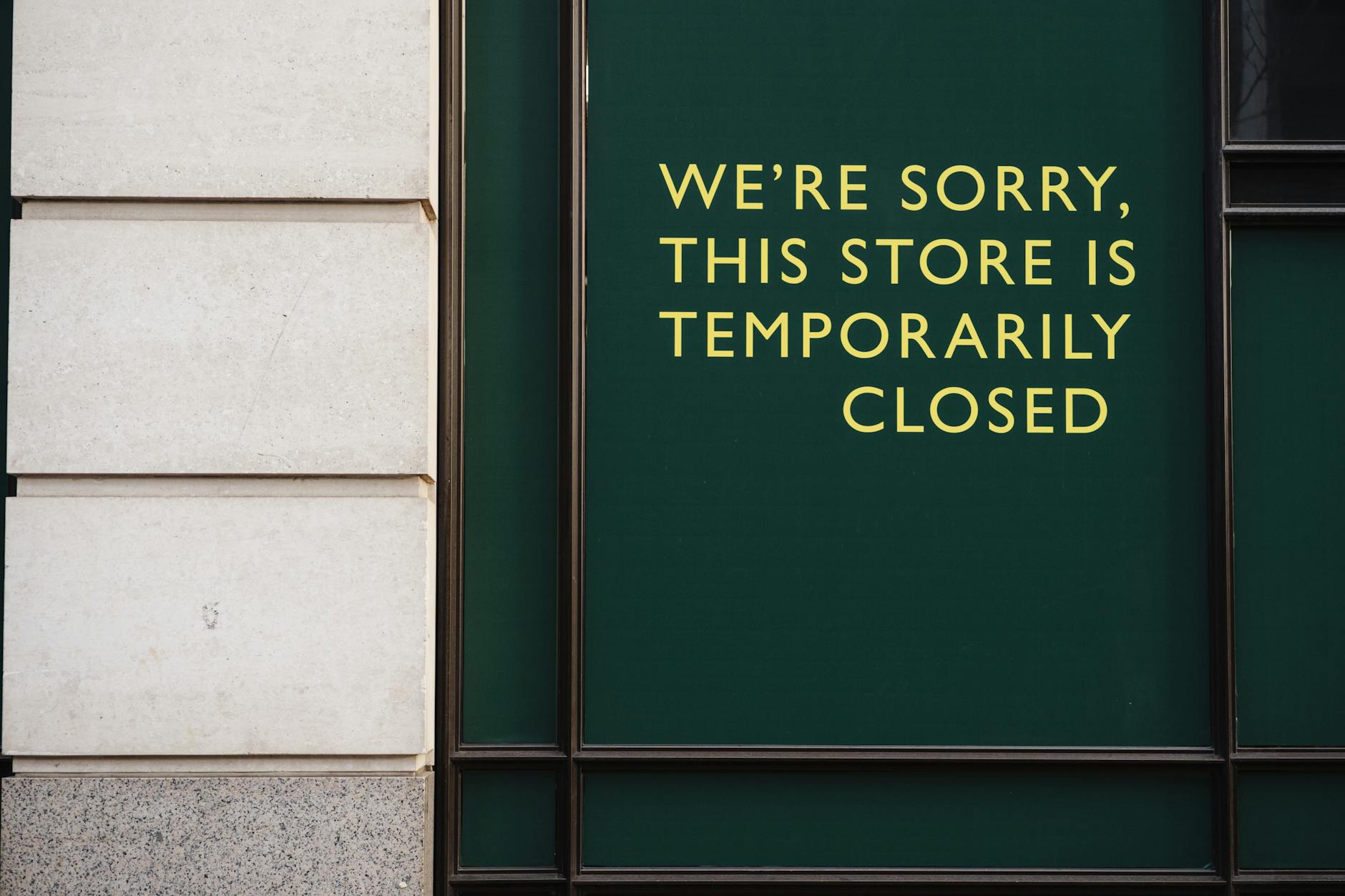What is work interruptions?

What is work interruptions?
In today’s fast-paced work environments, interruptions are a common challenge that many of us face daily. These disruptions can come from various sources and can significantly impact productivity, focus, and overall job satisfaction. Whether it’s a sudden chat from a coworker, a phone notification, or even our own wandering thoughts, understanding work interruptions is crucial for anyone aiming to enhance their efficiency.
Defining Work Interruptions
Work interruptions are any disruptions that interfere with your ability to complete tasks or maintain focus on your work. They can take many forms, ranging from external disruptions from the environment around us to internal distractions stemming from our thoughts or emotions.
Types of Work Interruptions
-
External Interruptions: These are disruptions that come from outside sources. Common examples include:
- Coworker Conversations: Casual chats can divert your attention from important tasks.
- Phone Calls: Both personal and work-related calls can break your concentration.
- Notifications: Alerts from emails, social media, or messaging apps can pull you out of your workflow.
-
Internal Interruptions: These come from within and can be just as detrimental to productivity. Examples include:
- Wandering Thoughts: Daydreaming or overthinking can make it hard to focus.
- Emotional Stress: Worries or anxieties can distract you from your tasks.
- Hunger or Fatigue: Physical needs can interrupt your ability to concentrate.
Understanding these types of interruptions helps in identifying their sources and addressing them effectively.
The Impact of Work Interruptions on Productivity
Work interruptions can have profound effects on our efficiency and effectiveness. Studies have shown that interruptions can lead to significant productivity losses.
Short-term Effects of Interruptions
When you experience a work interruption, the immediate consequence is often a loss of concentration. This can lead to:
- Reduced Flow State: The flow state is that magical zone where you’re completely immersed in your work. Interruptions disrupt this state, making it difficult to regain momentum.
- Increased Time to Complete Tasks: After an interruption, it can take several minutes to refocus on the original task, which extends the time needed to complete it.
Long-term Effects of Frequent Interruptions
Over time, frequent interruptions can lead to more severe outcomes, such as:
- Burnout: Constantly switching tasks can drain your mental energy, leading to feelings of exhaustion.
- Decreased Job Satisfaction: As productivity plummets and frustration grows, your overall job satisfaction may decline.
- Reduced Creativity: A chaotic work environment can stifle creative thinking and innovation, as your brain struggles to concentrate.
According to WorkJoy, 93.6% of productivity loss is due to distractions, highlighting the importance of addressing work interruptions.
Strategies for Minimizing Work Interruptions
While it may be impossible to eliminate all interruptions, there are effective strategies you can implement to minimize their impact.
Creating a Conducive Work Environment
Your workspace plays a significant role in how many interruptions you face. Here are some tips:
- Organize Your Space: Keep your workspace tidy and free from unnecessary distractions.
- Use Noise-Canceling Headphones: These can help drown out background noise, allowing for better focus.
- Set Boundaries: Make it clear to coworkers when you are in “do not disturb” mode.
Time Management Techniques
Effective time management can help structure your work and reduce interruptions. Some popular methods include:
- The Pomodoro Technique: Work for 25 minutes, then take a 5-minute break. This helps maintain focus while allowing for short, scheduled interruptions.
- Time Blocking: Allocate specific blocks of time for different tasks. This method helps limit distractions by creating a schedule you can stick to.
Implementing these strategies can lead to a more productive workday, allowing you to focus on what really matters.
Conclusion
Work interruptions are a prevalent issue that can significantly hinder productivity. By understanding what constitutes a work interruption and recognizing its various types, we can better equip ourselves to handle them. The immediate and long-term effects of these interruptions can be damaging, but with the right strategies, it’s possible to minimize their impact. Creating a conducive work environment and employing effective time management techniques can pave the way for improved focus and productivity. Addressing work interruptions isn’t just beneficial for personal productivity; it fosters a healthier work culture overall.
By taking proactive steps, you can reclaim your focus and enhance your overall work experience. After all, a more focused workday leads to a more fulfilling and successful career.

Photo by Olga Lioncat